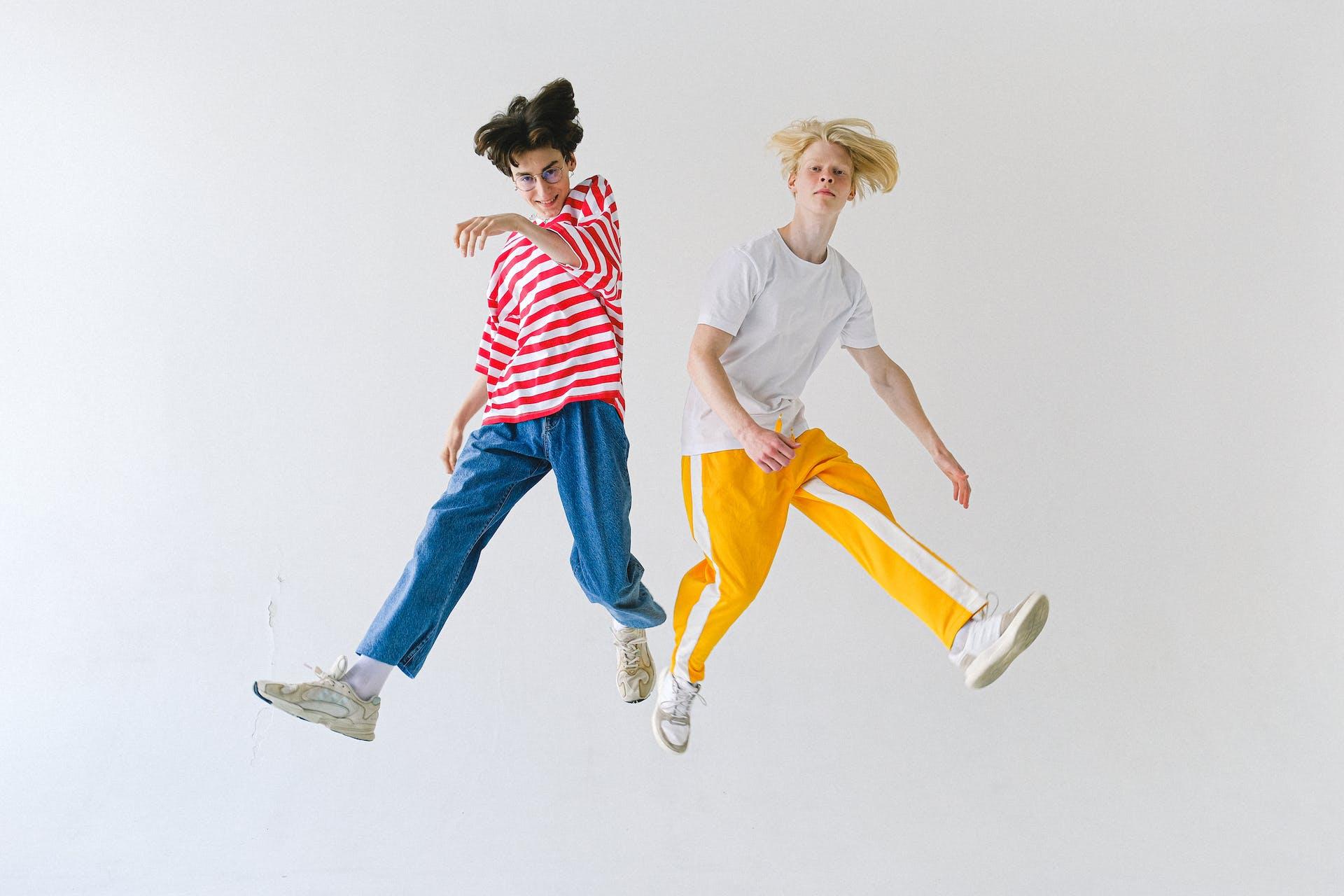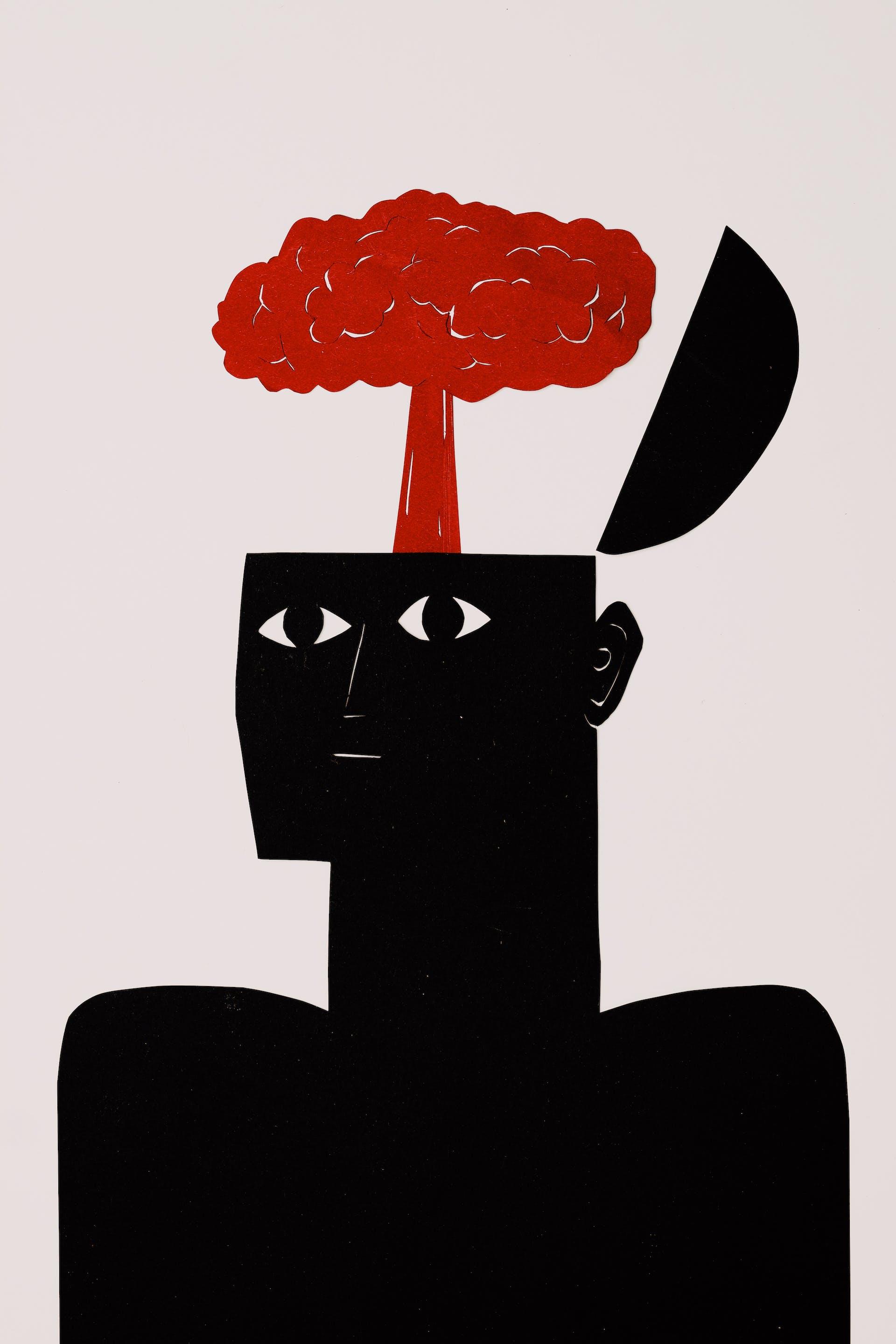Eureka
How on earth did I get it into my head, to actually write a piece on inspiration?
Inspiration, at this time of writing, is way off.
Maybe I'm looking too far or maybe I'm looking too much. After all, isn't inspiration something that just happens, like a bolt of lightning, like Archimedes' eureka? Sometimes it is, but sometimes I notice other forms of inspiration in myself.
Two weeks ago my living area has been repainted. Quite unexpectedly and quickly it happened, a matter of meeting the right person at the right time. It's incredible what that has brought about in terms of inspiration and energy. Hours I can spend (yes, still do) flipping through interior design magazines for ideas, searching online on second-hand sites for just the right item that gives that finishing touch. At that moment, time flies and everything I see triggers yet another association. And hunger for more. Have I always had a love for design and beautiful things? Sure I have, only it hasn't come up in recent years. The house was ok the way it was and there was no reason to do otherwise. Until restlessness stirred. I don't know where from and I don't know how, but it was there. That restlessness caused me to take actions, and now I even want to address other things that have been under the radar for a long time.
I can honestly say that I feel inspired, full of new ideas, and full of energy to get started on those ideas.
However, there is 1 thing that worries me a bit. Knowing myself by now, I know that I often have lots of ideas, but don't always implement them. And I always have a good reason. Is that recognizable? Or just barely?
It is no coincidence that I recently read the book "Inspiration. How to achieve greatness" by Ap Dijkstra.

Inspiration is breathing in
Look, that sentence in itself works inspiring for me. It sets in motion a lot of thought processes that give me oxygen, that make me think outside the box. And that, I notice now, speed up my writing process.
Dijkstra calls that breathing in of the mind. As if the unconscious part of your brain is telling your conscious part what to do. It then seems as if inspiration comes from outside, while it is a property of our brain to work with the information it picks up.
Dijkstra distinguishes 3 forms of inspiration. The first or highest form of inspiration is vocation. We experience something that makes us know what to do. The second form of inspiration is the impulse; an idea arises in us that leads to a new direction. The third form is the flow experience where information from the unconscious seems to surface naturally and things seem to happen by themselves. I must say that I am beginning to notice it. The more I read in the book, the more absorbed I become in my writing. Starting to enjoy it. At the same time, it continues to require attention and discipline to put all the ideas that come up neatly on paper.
Yes, I know myself...
Inspiration is like falling in love
Fortunately, there are some characteristics with any kind of inspiration that make it worthwhile to continue. Dijkstra calls the first characteristic Dutch-style the " yummy" feeling (het lekkere gevoel) you get when you are inspired. He compares it to a form of being in love, which you experience especially with vocation. Inspiration also pushes you forward, it gives energy, often a "compelling" form of motivation to start implementing ideas.
The last characteristic is about the magic of inspiration. It comes from our own unconscious, but what remains is the feeling that it is something that befalls you. Inspiration seeks you, and not the other way around.
1. Inspiration feels good
2. Inspiration gives energy
3. Inspiration is something magical
When I am working with groups, I often get the question afterwards: isn't that very tiring for you, being focused on the group for a whole day? Honestly? It is giving me wings. Seeing how cooperation in a group supports people, empowers and sets them in motion is one of the most beautiful and fascinating things to experience for me. And not just in a work context. I also see this happening at home, in the relationship between my three daughters and their partners, in conversations with them. Their perspective on things makes me reflect, expands my mind and makes me grow as a mother and human being. That is exactly the feeling of the homo inspiraticus.

"Those who keep their feet on the ground won't get far"
This is a quote from Loesje, a Dutch writer I find inspiring. With her fresh and sometimes unconventional view on the world, she gives my brain a spin and I then keep it moving myself. Inspiration without action leads to nothing. Jump is the message, so raise those legs.
To jump, it helps to have a goal. Not just any goal, and it doesn't even have to be a smart one. But a goal that helps us turn an idea into action. Dijkstra lists a number of expectations and conditions that help turn good ideas into action:
- the pursuit must be fun and satisfying, even if it is hard work sometimes
- we want it to last, our objective must be sustainable.
That is why it is so important that your goal is strong enough, based on your intrinsic motivation, your own choice, and that it is great. Not big in the literal sense, but great. In fact, we could reframe the goal as an attractive perspective. Could that be the difference between an intention and a goal? The deep reason most people give up is that their goals are not strong enough, Dijkstra says. Or the perspective is not attractive enough?
I myself often say to people: if it isn’t burning, nothing will move. And I recognize that in myself. A strong and great goal ignites something that automatically leads to action. Like tackling the redesign of other areas in my house right now. I can feel it burning.

Inspiration and transpiration
I would like to give the last word to the writer. Let his words inspire. Curious what action that triggers in you.
"There are many misconceptions about inspiration. Some declare it sacred; it is a gift from God, it comes from above, it is pure happiness. Others minimize it. Art and science are 10 percent inspiration and 90 percent transpiration, say the dedicated workers with their fingers raised! Or they go one step further: it's all about transpiration, inspiration is unimportant. All nonsense. As if inspiration and transpiration were two opposites. As if you can achieve anything without inspiration. Transpiration without inspiration does not produce a book, but an endless series of letters.
The good news: inspiration doesn't come from above, inspiration is something you force by yourself. Getting inspiration is largely in your own hands.
The not so good news: inspiration requires hard work. You don't get it for nothing.
It applies to all levels of inspiration. Some people find their calling, others have to search for a long time, but everyone will have to work hard to achieve something. Seeing David Bowie on TV doesn't make you a good guitarist. Before you get an idea for a new scientific explanation, a new concept for a restaurant, or a new way to remove plastic waste from the sea, you will have to move mountains. You have to like it, you have to think, you have to read, you have to talk to others. Good ideas don't come easy, only a brain that has worked hard will be rewarded. Then once you are working on your painting, your business plan or your Olympic dream, you have to work again. You must create the right conditions, you must not get distracted, you must not let headwinds discourage you. You will have to work hard.
In short: inspiration ís transpiration."
"Inspiration. How we achieve greatness." Ap Dijksterhuis, 2022
Do you want to share thoughts? Email me at katelijne@loopwise.be
